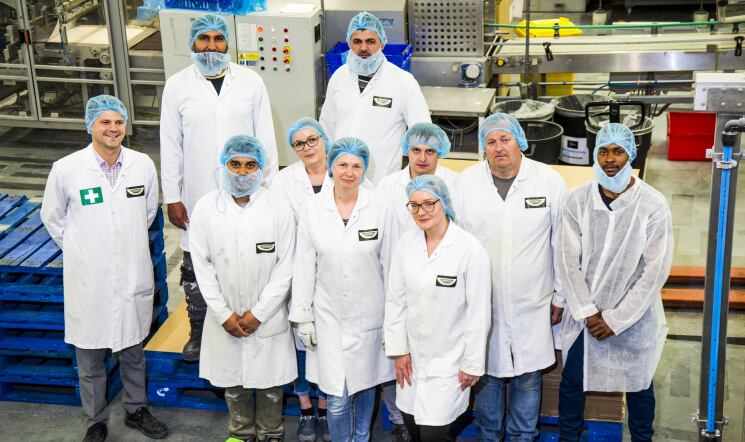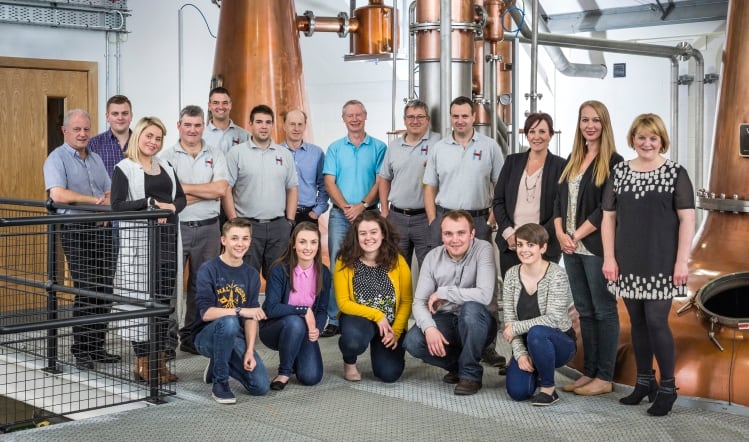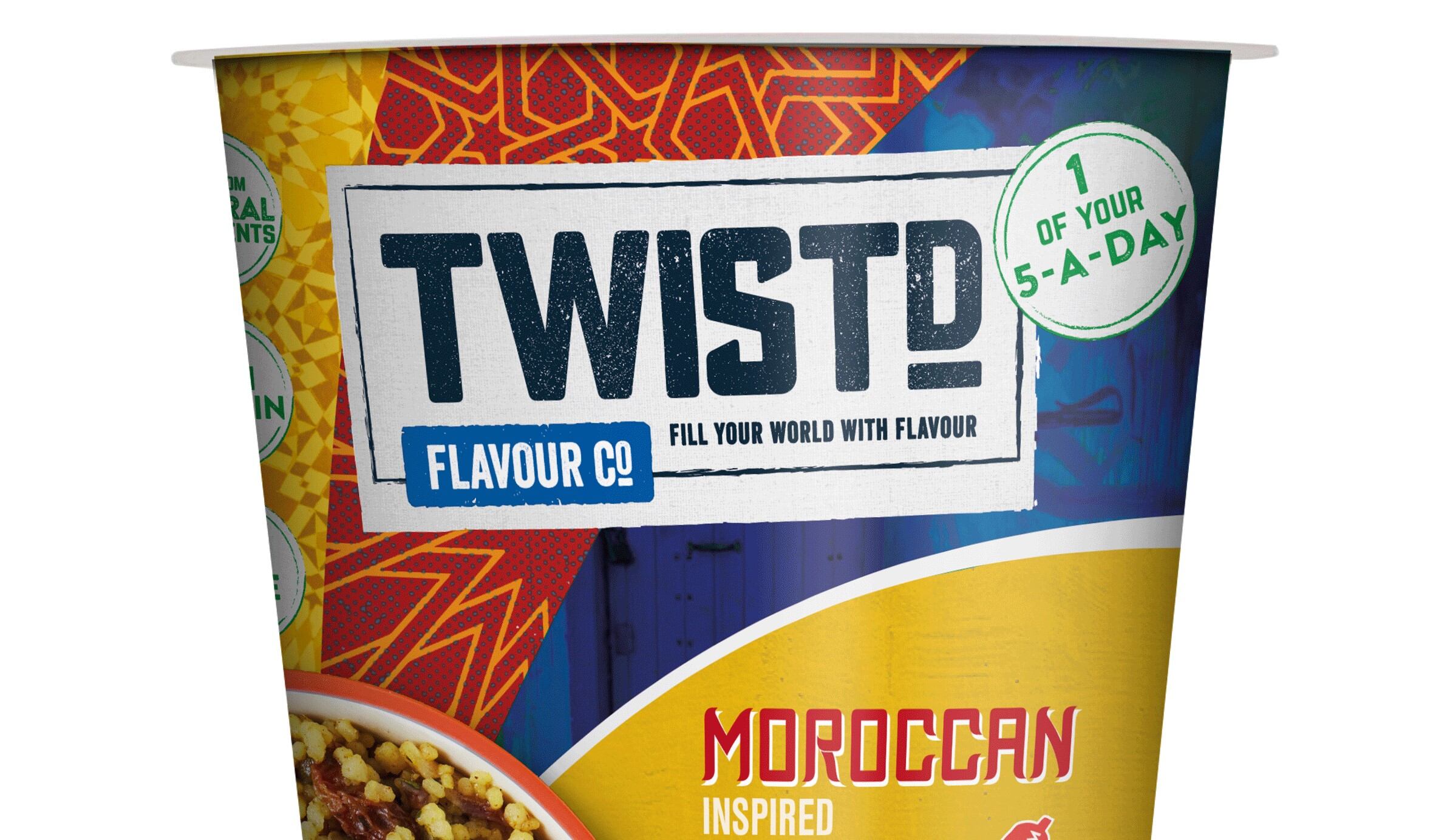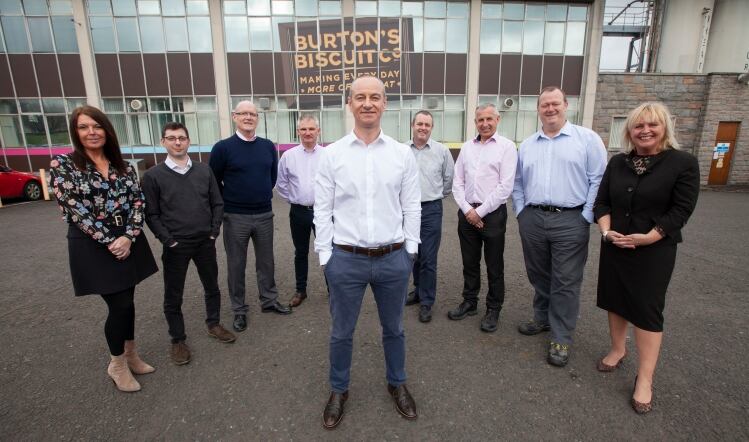Symington’s is a snack manufacturer that believes convenient food doesn’t have to compromise on taste. After a period of restructuring and consolidation, which included the closure of two UK factories, the company is back in good health – confirmed by a recent strong set of financial figures.
Our biggest facility is Dartmouth Way, Leeds, but we have three other factories in Yorkshire – and a fifth site in Consett, County Durham, where we produce wet meals and soups. Here at Dartmouth Way, our primary focus is dry ambient mixes. Leading brands produced at the factory are Mug Shot – a sachet and snack pot range of different flavoured pastas, noodles and soups; and the Naked range, which comes in noodle, rice and soup variants.
Mirroring the company turnaround, we’ve had quite a turnover of senior management in the past three years, led by chief executive John Power, who joined the business in October 2016.
Background in military engineering
I also joined the firm in 2016, having previously managed the logistics and light maintenance for a large iron ore mining project in Western Australia. My background is military engineering and logistics, and I spent a large part of my working life in the army.
Together, the team have driven a lean manufacturing agenda in the past three years. We’ve invested around £3m in better automation and line efficiencies and – having reviewed all the processes at the different factories – moved towards a more centralised and standardised way of working. Whereas before, a line might have run one type of pot, day-in day-out, thanks to new change parts and sealing heads, we’re now able to run four to five different products down that line at different times.
Several lines were added at Dartmouth Way following the factory consolidation, taking the total to 36. Symington’s produces around 800 different stock-keeping units (SKUs) – 650 of which are made on this site. Having so many lines on one site has mitigated previous risks around supply, as we can now shift products from line to line with ease.
We’ve also consolidated operations personnel. When I started at Symington’s, we had directors responsible for manufacturing at every site, operating with very little overlap. Now, as sole manufacturing director, I’m responsible for the smooth running of all five sites, including everything from engineering, planning and health and safety, to stock control and special projects.
Improving health and safety
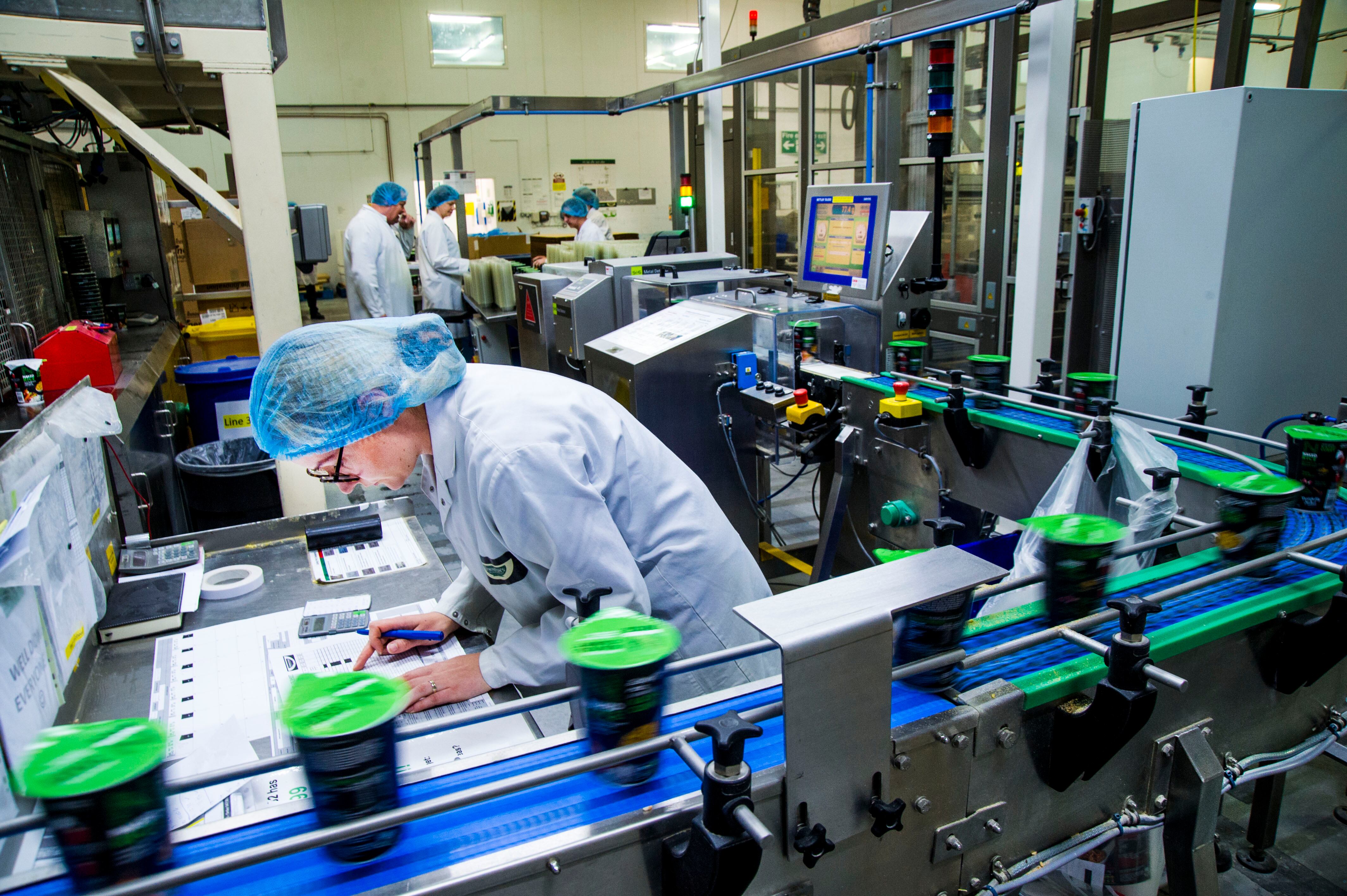
Improving our health and safety has been a key focus in the past three years, and in the last 12 months alone, we’ve invested about £500,000 in the area. We have a robust set of health and safety key performance indicators (KPIs)and it is now the first thing we bring up in all meetings.
Having staff take the lead on health and safety changes the culture of a business. It’s amazing how many issues then get driven from the shop floor – even small things such as a coat being left in the wrong place. We set a figure for hazards raised and hazards closed, and we’re sitting at around 160% above that figure for both.
Ultimately, my role is all about personnel. I’m supported by an exceptional management team who are able to provide clear guidance and mentoring to their teams. I’m passionate about employee development, and I always aim to allow managers to manage without too much interference.
As well as all the production-related KPIs set by my boss, I am tasked with reducing our plastic waste. Two years ago, we brought in a waste manager, who has helped us reduce our environmental footprint significantly. We’re a long way down the track on that, but our continuous improvement philosophy means you never reach the end of the line. We’re now looking at how to make the lids of our pots recyclable, for example.
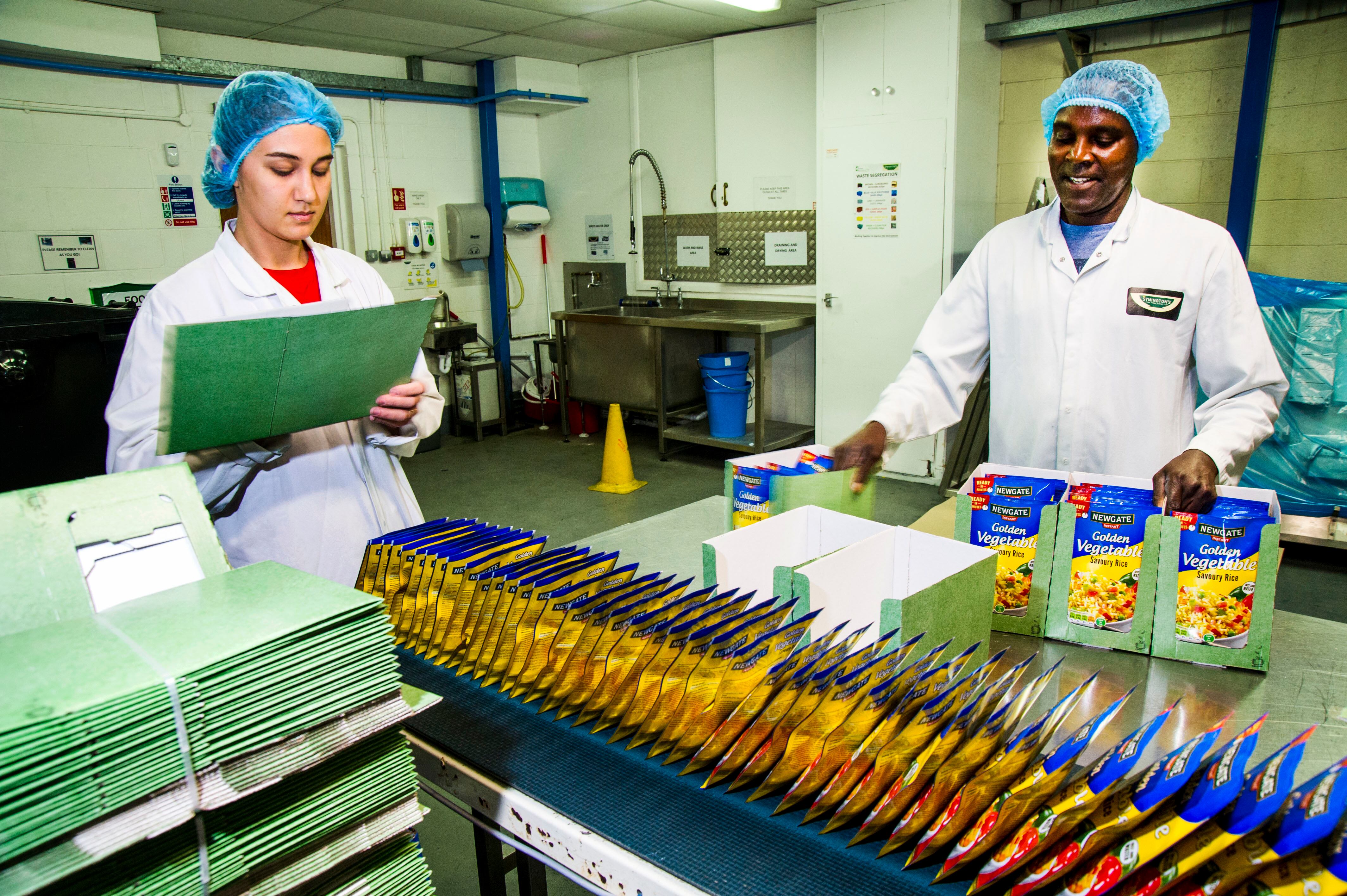
Reformulation
Another of my KPIs is reformulation – salt reduction in particular. In the 2017/18 financial year alone, we removed 37t of salt from our Mug Shot products, while all the guideline daily amount (GDA) labels on a jar of Ragu are now green. It’s what the consumer demands – if they see red and amber GDAs, they’ll move to another brand.
High protein and fibre claims are becoming more important, too. All four products in our new Mug Shot Protein Pot range contain at least 13% protein. They are also less than 2% fat and are under 300 calories. The new Vegetable Pot variants, meanwhile, are high in fibre and low in salt.
We’re constantly reviewing our range, ensuring that lower-volume SKUs are removed. In the past 12 months, we’ve created 250 new products, and last month, we launched a new brand, based on authentic world flavours. The Twistd range of couscous, grains, pulses, risotto and rice includes flavours from countries like Greece, Tunisia, Sri Lanka and Peru.
Our main challenges, as with most food manufacturers, continue to be the rationalisation of retail space, commodity pricing, and managing our supply chain. Thankfully, a lot of what we’ve achieved in the past three years has set us up for the future.
Symington’s
Location: Southfork Industrial Estate, Dartmouth Way, Leeds. LS11 5JL
Factory size: 28,015m2
Group turnover: £120m
Staff: 400 (Dartmouth Way), 700 (all sites).
Main products: Mug Shot, Naked Noodle, ilumi, Ragu, Chicken Tonight, Golden Wonder, Twistd, Oatburst.
Production lines: 36 (Dartmouth Way), 45 (all).
Factory output: 500,000–700,000 cases a week (Dartmouth Way), 650,000–850,000 cases a week (all).
Dave Goldsworthy: “I do a fair amount of hill-walking – we’re in the right place for it.”

